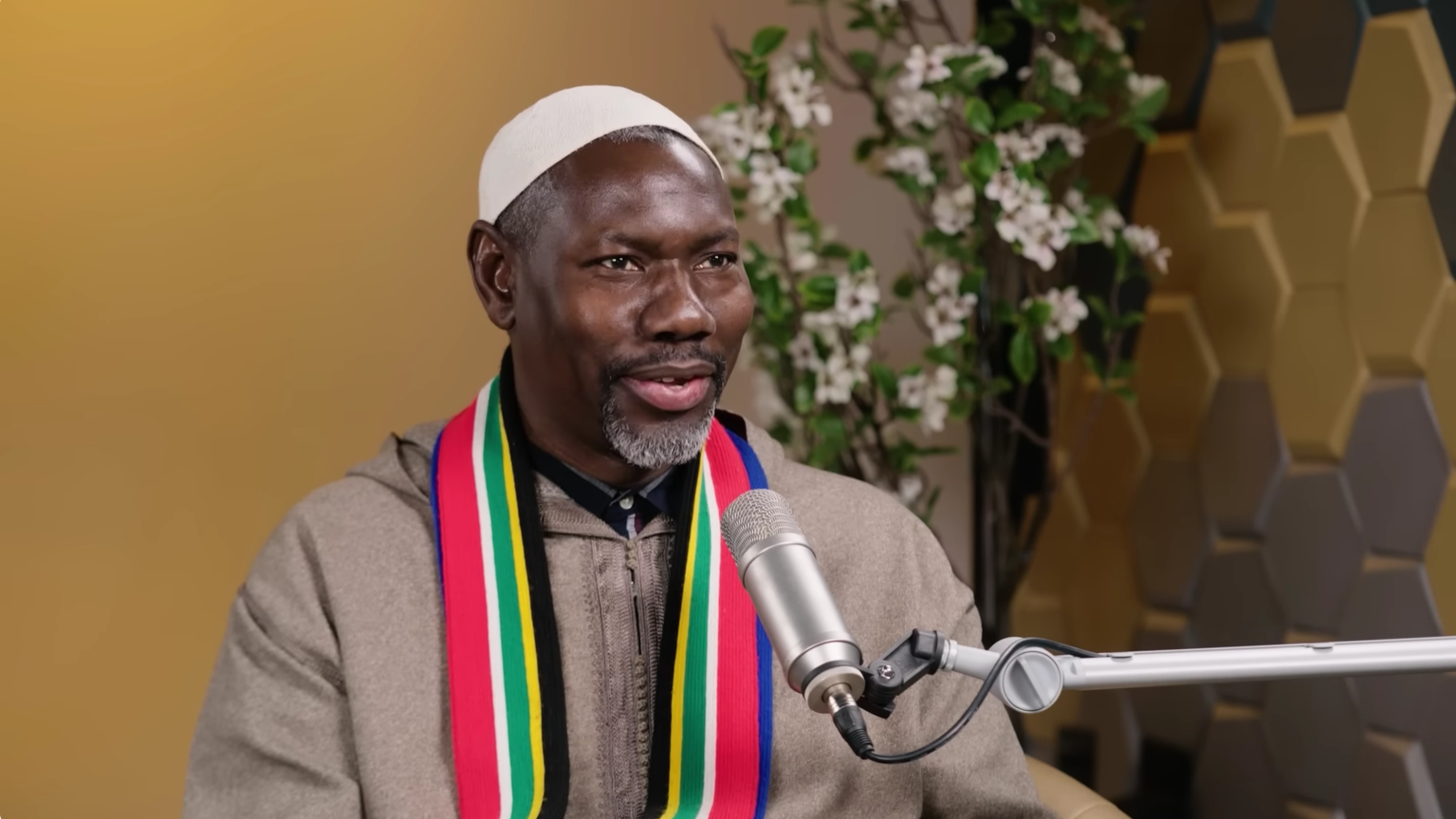Bronx Imam Leads Muslim Mission to Israel To Counter Antisemitism
Bronx imam Sheikh Musa Drammeh didn’t wait for City Hall. After Zohran Mamdani said on a primary debate stage that he would refuse to visit Israel if elected, Drammeh organized a Sharaka-backed delegation of eight imams and Muslim community leaders to go themselves—turning the candidate’s boycott into, as he put it, “null and void.” In Maayan Hoffman’s report, the group’s weeklong itinerary runs from Yad Vashem’s Hall of Names to Jerusalem’s holy sites, meetings with Israeli Arabs, seminars on extremism, and visits to locations tied to the Oct. 7 attacks. The aim: model interfaith engagement, push back on rising antisemitism in the US, and bring firsthand observations home to divided neighborhoods in New York.
Give the gift of hope
We practice what we preach:
accurate, fearless journalism. But we can't do it alone.
- On the ground in Gaza, Syria, Israel, Egypt, Pakistan, and more
- Our program trained more than 100 journalists
- Calling out fake news and reporting real facts
- On the ground in Gaza, Syria, Israel, Egypt, Pakistan, and more
- Our program trained more than 100 journalists
- Calling out fake news and reporting real facts
Join us.
Support The Media Line. Save democracy.


Participants describe fear of community backlash yet insist that seeing Israel up close matters more than social media narratives. Sharaka staffers say the effort fits a wider push to keep Jewish-Arab ties alive from the Abraham Accords era, even as war politics harden. Drammeh argues that much Muslim hostility toward Israel is rooted in ignorance, not scripture, and he is broadcasting his message to tens of thousands online: combating hate begins with contact, facts, and shared religious language.
Back in New York, the mayoral race hangs over the trip. Polls show Mamdani leading, with Andrew Cuomo and Curtis Sliwa trailing, and some rabbis split between progressive policies and concerns that a Mamdani victory could fuel more antisemitism. Whether this mission nudges opinions or simply opens new channels, Hoffman’s piece follows the imams as they wrestle with community pressure, political headwinds, and the slow work of bridge-building—read Hoffman’s full article for the ground-level voices and debates shaping what comes next.

